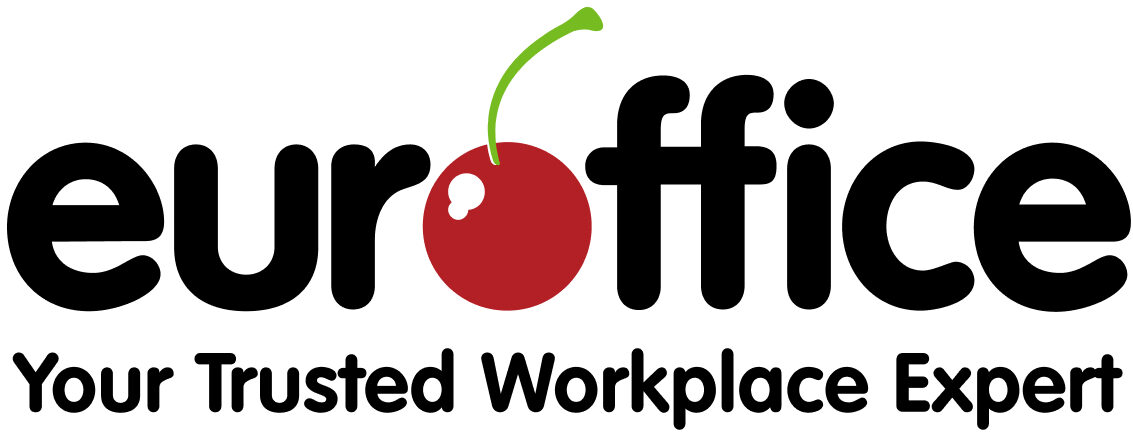Small talk makes for a friendlier office and a more pleasant atmosphere. With these simple tips, you’ll be talking tiny in no time.
As someone that doesn’t like small talk, there’s something I had to learn: small talk is a skill. Here’s what you need to learn to master it. (Well, get better at it.)
If you’re really bad at small talk, practise outside of the office
How do you do this? Go shopping. All those cashiers and shop assistants that you see when you’re out shopping? Those are people to practise small talk with. Just a few seconds’ conversation – something as simple as starting with ‘Busy day?’ or even asking which product they’d recommend – is a chance to have a little interaction and get used to having brief and casual chats.
Remember to be respectful of their time and mood – don’t do this if they seem rushed or unhappy – but don’t be afraid to try this out.
If the mere thought of small talk makes you nervous, then having a short exchange, even if only for a few seconds, with someone whose job is to serve you, can help you overcome your reluctance.
Look for offerings
I once had an acquaintance that was a coach for conversational and social skills. He told me about ‘offerings’. These are things in the environment that you can bring up in conversation as a way to kick start small talk. Hopefully the other person might join in.
For example, if you’re in the office kitchen using the microwave, or seeing someone else use it, you might say something like….’Is it just me, or is using an unfamiliar microwave really difficult? Figuring out all the buttons and pings is like some kind of puzzle’; that might be enough to prompt a little response and a chat about shared experiences.
So when you’re lost for words, look around or see what you can pick up on. Could it relate to a light-hearted story in the news that people might have seen or read on the way to work?
Keep it short and sweet
Have you heard of My Dinner With Andre? It’s a film where two friends have a meaningful conversation over dinner. Here’s the trailer:
https://www.youtube.com/watch?v=yzlgv5D-pWo
You might have a burning need to tell people about the injustice of [insert political party] and [insert political policy] or even [insert reality TV show] and [insert contestant kicked off], but do not do this.. You’re not there to challenge and change minds, just to create a nice atmosphere. At best you’re laying the groundwork for smaller conversations in future
Always be positive
Because this is about small talk at work, you must remember to keep things positive. Never gossip about anyone and, if the topic moves onto colleagues that you don’t have a great relationship with, always be civil. Professional and personal grievances are meant for private conversations with line managers, not for open discussion.
When you’re feeling tongue-tied, there’s a tendency to make a joke to break the silence. There’s a danger that it will come out all wrong and seem inappropriate and that’s not a good idea at work. So if you think of something humorous to say, keep it off office-related issues.
Be sure of what you’re talking about
Used properly, small talk is a way of finding out about someone over time and having conversations about things you’ve discussed previously, showing that you’re paying attention. But this only works if you have a good memory. If you don’t, you might forget the name of your chauffeur or fail to remember you’re speaking to the king’s sister. Either way, it will show you’re not truly interested in the person you’re speaking to.
The number one rule of small talk…
Is to listen. Too often conversations seem to be about one person trying to share as much of their life as possible, with as little interest in the other person as they can bear to muster. Remember that people like to share their own stories, so be happy to listen to them and make a comment when you have the chance. The speaker will feel that you are paying attention, and that is what makes small talk successful.






